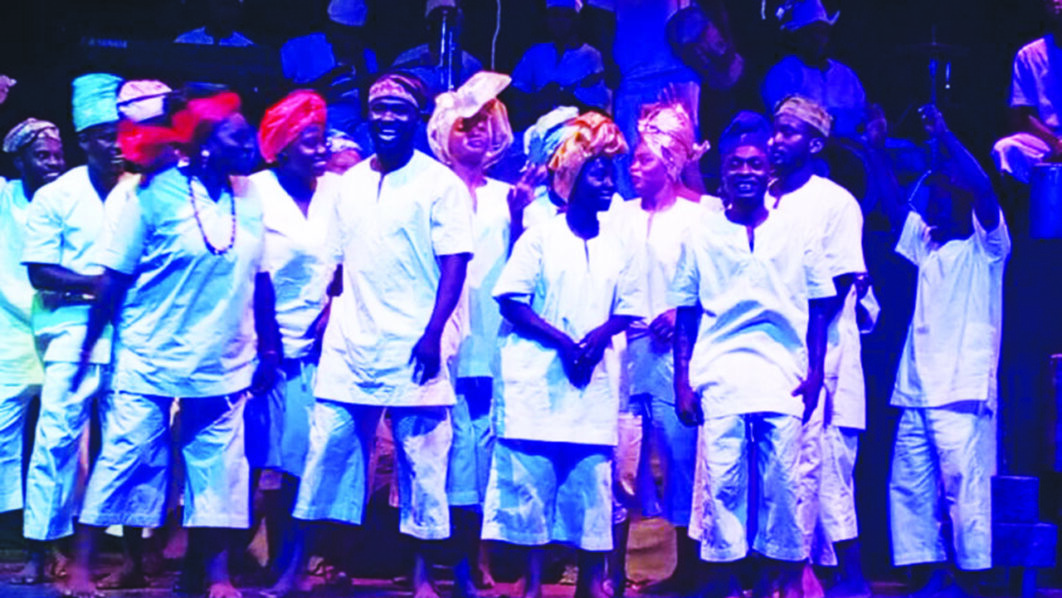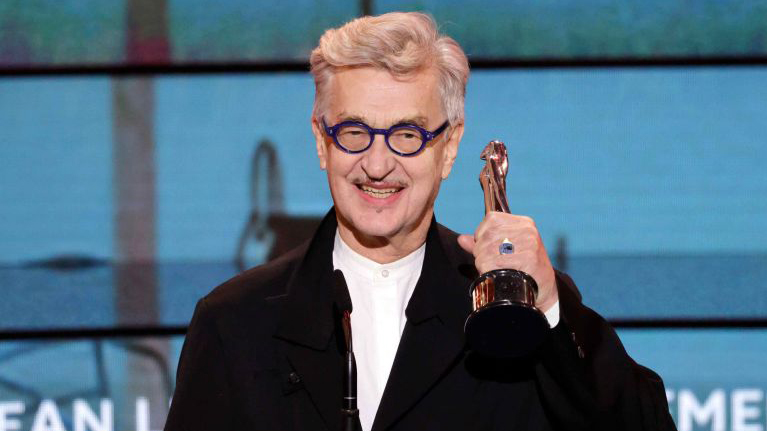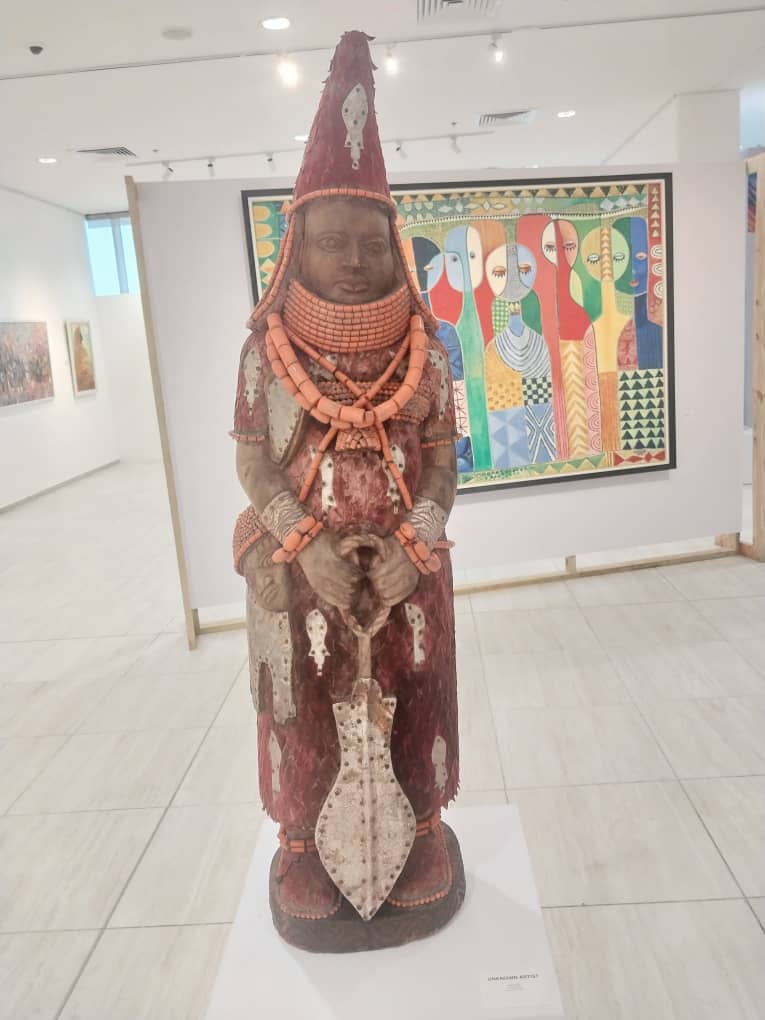
The term Japa is Nigeria’s latest gift or offering to English Lexicon after Nollywood. It is the latest label to identify youth surge and search for new identity. Applied loosely, Japa means ‘run away’.
But what are they running away from? What new identity are they craving?
A bit of pandering to history will answer these questions. What began as brain drain in the mid-80s when intellectuals fled the country because of the ‘draconian’ policies of government, and the subsequent Structural Adjustment Programme (SAP) and the Second Tier Foreign Market (SFEM), which killed the Naira, led to the first era of post colonial Japa.
Not necessarily an ‘intellectual revolution’, which it was known in the 80s and 90s, the second era of Japa is another word for discontentment, as angry youths all over the country are responding to economic dislocation, the chicanery of barbarity of political elite, the sole orchestrators of poverty in the land, and their ally in the religious space, who true their profanity, swindle innocent folks.
The thirst for freedom added to this rich mix of adventure now encapsulates the new japa philosophy, which the play, Eniogun, The Noble Warrior, interrogates.
Written by Cash Onadele, also known as Aiye-ko-ooto, directed by Oriade Adefila, and produced by Toye Arulogun, the play is a riveting tribute to the venerable writer, dramatist and Nobel laureate, Prof. Wole Soyinka, who recently celebrated his 90th birthday.
Popularly known as Eniogun, an acronym for Engaging National Interest on Good Governance, Understanding Nation-Building, the play encapsulates Soyinka’s commitment to creating a just and equitable world.
Set in a fictional village in Nigeria/Africa lpand crafted with an emotional plot, the play takes its audience through a journey that raises consciousness about friendship, humanity, love and nationalism. It is a story of survival and hope qfor a country that is navigating the path of crisis that has changed the lives of its bulging youth population, forever.
The storyline is that of Oluwole – a princely noble warrior, who desires a private life hunting, teaching, and living in romantic mood with his intended, Olasope. However, little did he know that Olasope’s fervent wish will be the subject of a bet between the wizard and the witch of the fictional land.
Oluwole’s new goal is to rid his homeland of the colonialists, who are local conspirators, led dishonorably by Gbadamosi. To make his work easy, Gbadamosi prompts Major Scott to deflower Olasope, his intended. Gbadamosi, in fact, is the sole orchestrator of corruption in the land, and architect of colonialism.
After a period of interregnum and support from the gods of the land, Oluwole succeeds in his fight to bring justice and vanquish terror. The new king ascends the throne because the community comes together and agrees to chase evil away.
The play is a metaphor for Nigeria’s social reality in the post colonial era. Through the plot structure, the playwright interrogates varying aspects of Nigeria’s history that has contributed to the country.
The work offers a cultural critique to the colonial invasion of Africa and the condition of Africa poor after contact with Europe. The play interrogates several issues at different levels, including love, leadership crisis, education as an important ingredient for development. The playwright concludes that without good leadership Africa will continue to lose its best brains, as they will see japa as logical end to their struggles.
Onadele, a poet, also urged Nigeria’s political leaders to lead the revolution for cultural emancipation and value re-orientation through the consumption of local goods, services and technology for rapid growth and development.
The pulsating theatrical performance blends music, songs and dance. The music ensemble was placed upstage and left without identity to prevent it from struggling attention with actions on stage, when appropriate, the music tells the message.
Conceived as a communal feast and celebration of life, the play takes the audience through moments of theatrical ‘orgasm’. Adefila should also be commended for reinvesting in the play, greater dimensions, intensity and complexity by introducing African elements that harmonise with th original theme but do not radiceally alter the nature of the drama. The play was given a good architectural blueprint for building the drama that Onadele wanted.
The director moved the characters in an intensely enduring manner such that there is no dull moment on stage. Even with long lines, the movement is magical. Adefila was undoubtedly brilliant in the movement of cast. The virtuosity was fast-paced as every part of the stage was used.
Premiered in Abeokuta on Monday July 15, at the Hubert Ogunde Hall of the June 12 Cultural Centre, and other performances at the MUSON Centre, Lagos, the production of this commemorative tribute to Wole Soyinka is expected to tour selected cities across Nigeria after these initial shows in Abeokuta and Lagos.






